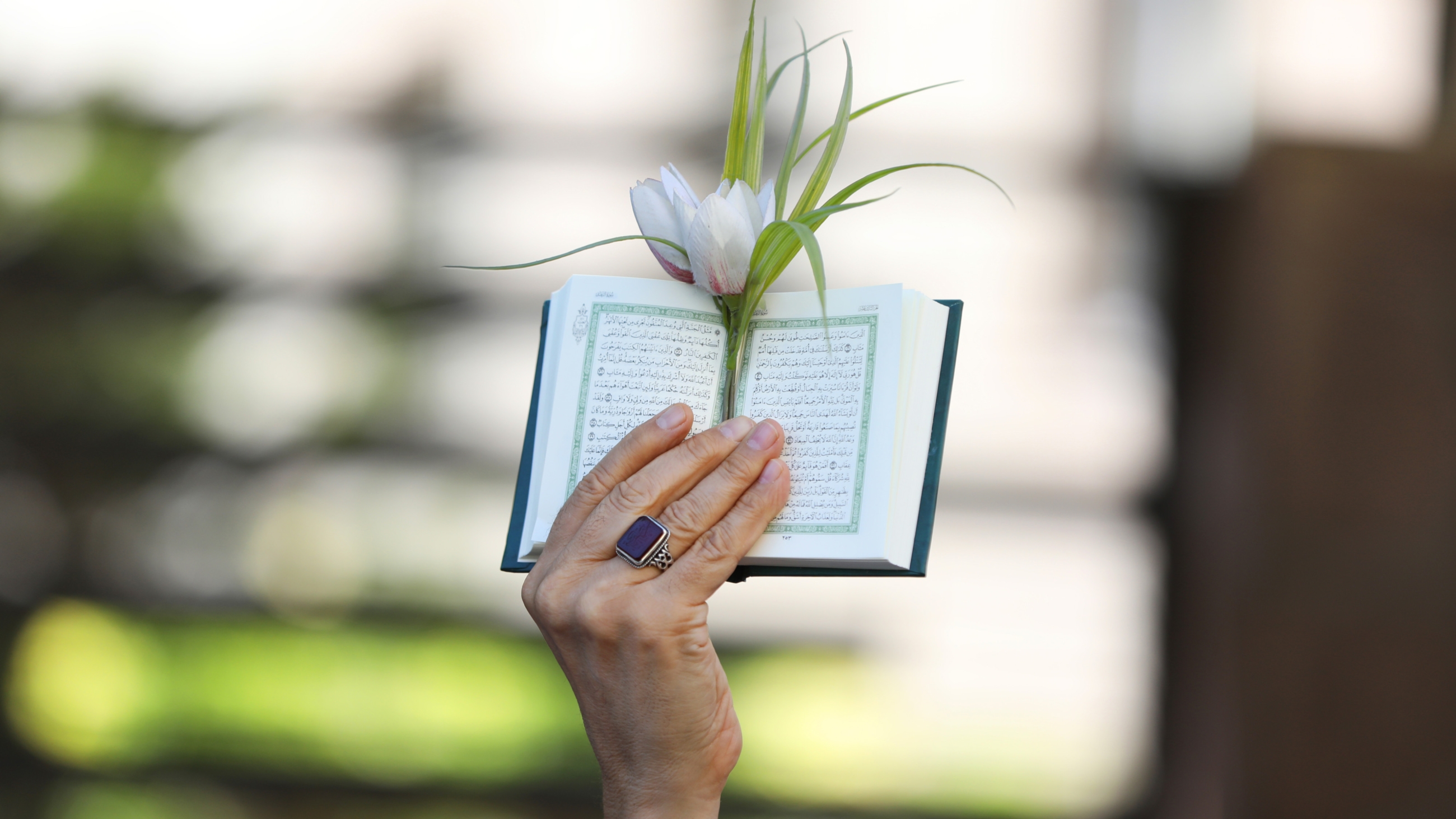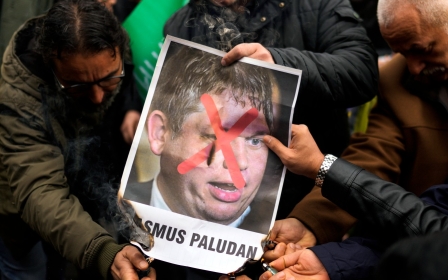Arabic press review: Kuwait prints Qurans in Swedish

Kuwait prints 100,000 copies of the Quran in Swedish
The Kuwaiti government announced plans to print 100,000 copies of the Quran translated into Swedish, Kuwait News Agency Kuna reported on Tuesday.
The move came in response to the burning of the Quran by a man in Sweden during the festival of Eid-al-Adha last month, which caused outrage among Muslims worldwide.
"This step comes within the framework of affirming the tolerance of Islam and for spreading Islamic values and coexistence among all human beings," the official agency said.
Fahd al-Daihani, head of the general authority for printing and publishing the Quran in Kuwait, said the body has begun taking steps to implement the government’s directives.
Stay informed with MEE's newsletters
Sign up to get the latest alerts, insights and analysis, starting with Turkey Unpacked
"[The move] aims to affirm the tolerance of the Islamic faith…in an atmosphere of love, tolerance and peace, highlighting mercy and rejecting hatred, extremism and religious fanaticism," al-Daihani said.
Kuwait was one of several Muslim-majority countries to denounce the burning of the Quran in Sweden in late June.
The Kuwaiti Ministry of Foreign Affairs summoned the Swedish ambassador at the time and called on the Swedish government to "take responsibility to stop granting these permits and take immediate action to prevent the recurrence of these abuses."
Tunisian protest called at court hearing
Family members of political detainees in Tunisia have appealed for the public to participate in an upcoming protest outside the Court of Appeal demanding those jailed be freed, according to the London-based Arabi21 news outlet.
The demonstration is planned for Thursday as the court is set to decide whether to accept or reject requests for releasing several people jailed on charges of “conspiring against the state”.
Arabi21 said prisoners have asked people from across the political spectrum to join the demonstration in solidarity.
"We appeal to every Tunisian and all the democratic forces that still believe in defending rights and freedoms to stand with us before the court next Thursday," Monia Ibrahim, former Ennahda MP and wife of jailed politician Abdelhamid Jelassi, said.
Izz al-Din al-Hazqi, the father of jailed activist Jawhar bin Mubarak, said the current “chaos and madness” in the country is endangering everyone.
“I hope the judges on Thursday will consider requests for release without fear, and apply the law," al-Hazqi said.
Meanwhile, sources have said detained Ennahda politician Sahbi Atig has ended his hunger strike, amid reports of his health deteriorating in detention, Arabi21 said.
Syria revokes BBC accreditation
Syrian authorities cancelled the BBC's accreditation due to what the government described as its "misleading reports," the London-based Al-Araby Al-Jadeed newspaper reported on Saturday.
The Syrian Ministry of Information said in a statement that "as a result of the channel's failure to adhere to professional standards and its insistence on providing politicised and misleading reports," it was decided to "cancel the accreditation of the channel's correspondent and cameraman".
The authorities also revoked the accreditation of the BBC correspondent in Syria.
The ministry added that since the outbreak of the war in 2011, the “BBC has deliberately provided, from time to time, biased and false information and reports on the Syrian reality".
It added the channel was alerted about said reports but the complaints were ignored.
The BBC said in a statement that it provides “independent and impartial journalism” and that it will “continue to provide impartial news and information to our audiences across the Arabic-speaking world”.
BBC News Arabic published an investigation last month in which it found links between the Captagon drug trade in Syria and Syrian President Bashar al-Assad's family.
*Arabic press review is a digest of news reports not independently verified as accurate by Middle East Eye.
Middle East Eye delivers independent and unrivalled coverage and analysis of the Middle East, North Africa and beyond. To learn more about republishing this content and the associated fees, please fill out this form. More about MEE can be found here.






